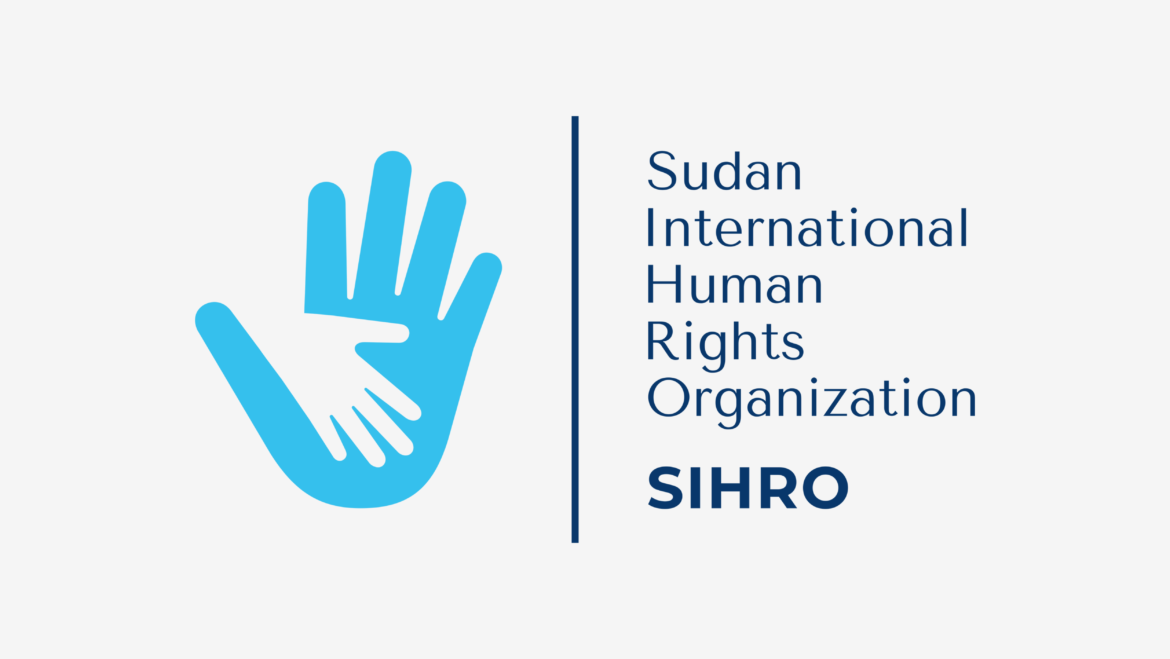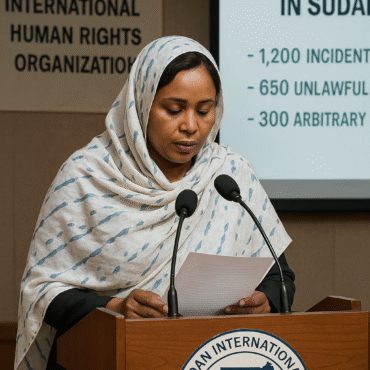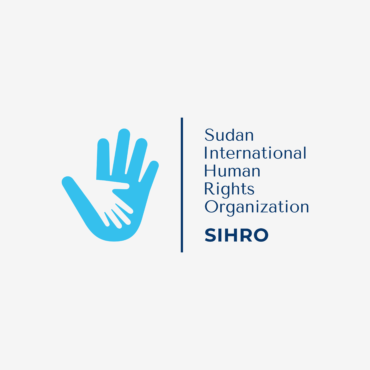Assessing Agricultural Support Across Borders: Insights on Recurrent Expenditure for Sudanese Refugees in Neighboring Countries
Introduction
This report presents a comparative analysis of recurrent expenditure in agriculture (“Agriculture, Recurrent”) across Sudan, Egypt, Eritrea, Ethiopia, South Sudan, and Chad for 2018. Given the significant displacement of Sudanese refugees to these neighboring countries due to ongoing conflicts, understanding the agricultural support landscape is crucial. Recurrent agricultural expenditure, a critical indicator of a country’s commitment to sustaining its agricultural sector’s operational needs, directly impacts food security, employment, and the economic stability that refugees might encounter in their host countries.
Background
2018 witnessed varying economic and climatic challenges across Africa, significantly affecting agricultural productivity and sustainability. In this context, recurrent expenditure in agriculture becomes a pivotal element in ensuring the maintenance and enhancement of agricultural activities. This is particularly relevant for the Sudanese refugee population, whose livelihoods and food security are closely tied to their host countries’ agricultural policies and support systems.
Comparative Analysis
Sudan
Sudan’s investment in recurrent agricultural expenditure 2018 aimed to support the sector amidst broader economic sanctions and trade challenges. For Sudanese refugees remaining within the country or considering return, these efforts indicate a commitment to maintaining agricultural productivity and food security.
Egypt
Egypt’s strategic focus on modernizing irrigation and enhancing crop resilience reflects its approach to addressing water scarcity and the growing needs of its population, including Sudanese refugees. Investments in recurrent agricultural expenditures are crucial for maintaining the productivity of key agricultural regions.
Eritrea
Eritrea’s allocation of recurrent expenditures to maximize the efficiency of its limited agricultural resources highlights the country’s efforts to support subsistence farming. For Sudanese refugees in Eritrea, these efforts may translate into opportunities for community-based agricultural involvement.
Ethiopia
Ethiopia’s recurrent agricultural spending likely targeted support for its vast smallholder farming community, reflecting a broader strategy to enhance food security and reduce poverty. This approach is particularly relevant for Sudanese refugees in Ethiopia, offering insights into the support systems they might access.
South Sudan
Given South Sudan’s conflict-induced vulnerabilities, its recurrent expenditure in agriculture is critical for emergency food production and livelihood support. For Sudanese refugees in South Sudan, understanding these investments is key to grasping the agricultural and food security landscape they face.
Chad
Chad’s focus on supporting pastoralist and agro-pastoralist communities through recurrent agricultural expenditure is vital in the face of climatic variability. Sudanese refugees in Chad, especially those from pastoral backgrounds, need to be aware of these support mechanisms and their implications for livelihood sustainability.
Conclusion
The comparative analysis of “Agriculture, Recurrent” expenditure 2018 across Sudan and its neighboring countries offers vital insights for Sudanese refugees and the broader humanitarian community. Understanding the nuances of agricultural support in these host countries is essential for formulating effective strategies to improve food security, livelihood opportunities, and economic resilience for displaced populations. As these countries continue to navigate their unique agricultural challenges, the commitment to recurrent agricultural expenditure will play a pivotal role in shaping the future for Sudanese refugees within their borders.




Add Comment